The 16-piece cacophony that is the field of Republican presidential contenders continues its march this week, with the second debate scheduled for Wednesday evening. Eleven GOP candidates will appear on the varsity stage: Donald Trump, Jeb Bush, Scott Walker, Ben Carson, Ted Cruz, Marco Rubio, Mike Huckabee, Rand Paul, John Kasich, Chris Christie, and Carly Fiorina.
In the last debate, the GOP candidates showed remarkable unanimity on foreign policy issues. While most stressed that they would demonstrate “strength” around the world if chosen for the White House, few have defined what that looks like in practice.
At this week’s debate, the CNN moderators should explore what “strength” really means and should force the candidates to get specific on foreign policy. Here are eleven questions, based on issues raised by Brookings experts, they should ask:
1. Tomorrow, the Iran deal will begin to move toward implementation. You have all said you oppose the deal. Do you believe Congress should sue the president in the courts to prevent implementation of the deal, or that is that an inappropriate limitation on presidential flexibility in foreign policy?
2. Russia is proposing to create a counterterrorism coalition against ISIS. Should the United States take up Russia on this offer?
3. One of Hillary Clinton’s signature policies as secretary of state was the pivot to Asia. Do you believe that the United States needs to re-focus its attention and resources on Asia, or was that policy a mistake you would reverse?
4. How should the United States restructure defense spending to ensure preparedness for the most likely military contingencies? The Army, for example, has seen significant budget cuts in recent years and is nearly half the size it was under President Reagan. Would you reverse that trend? If so, how would you pay for this change—by reducing air or naval forces, by cutting other areas of government spending, or by spending more?
5. All of you have offered plans for securing the southern U.S. border. But that does not address the root causes of the recent surges in migration to the United States—namely high levels of violence and low levels of economic opportunity in Central American countries like Honduras, El Salvador, and Guatemala. As president, what would you to address the problems in Central America that are at the root of our immigration crisis?
6. You have suggested that America’s reputation around the world is in serious decline. How do you want America to be seen around the world? What would you do to restore American strength and leadership?
7. In recent years, the United States has moved away from using large, international organizations like the United Nations or the World Trade Organization; instead, it has opted to deal with challenges like trade in smaller, more informal forums or bilaterally. Which path would you pursue and why? Should the United States revise its relationships with bodies like the UN?
8. U.S. allies sometimes create more problems than they solve, and some observers have proposed changes to American alliances around the world. Is America getting a bad deal from any of its alliances? Are there any alliances Washington currently maintains that you would reconsider?
9. New powers like China, India, and Brazil have taken bigger roles in international institutions and in re-shaping the structure of global governance. Is it in America’s interests to allow them to assume a greater role in global governance? How can we ensure that American interests continue to be served as new powers rise?
10. How does the shale energy revolution and the reduced need for energy imports change U.S. foreign policy?
11. President Obama has announced that he intends to end the American war in Afghanistan by the end of his presidency, with any remaining U.S. troops playing non-combat roles in Kabul. Do U.S. forces need to stay in Afghanistan and continue to fight? If so, for how long?
The Brookings Institution is committed to quality, independence, and impact.
We are supported by a diverse array of funders. In line with our values and policies, each Brookings publication represents the sole views of its author(s).

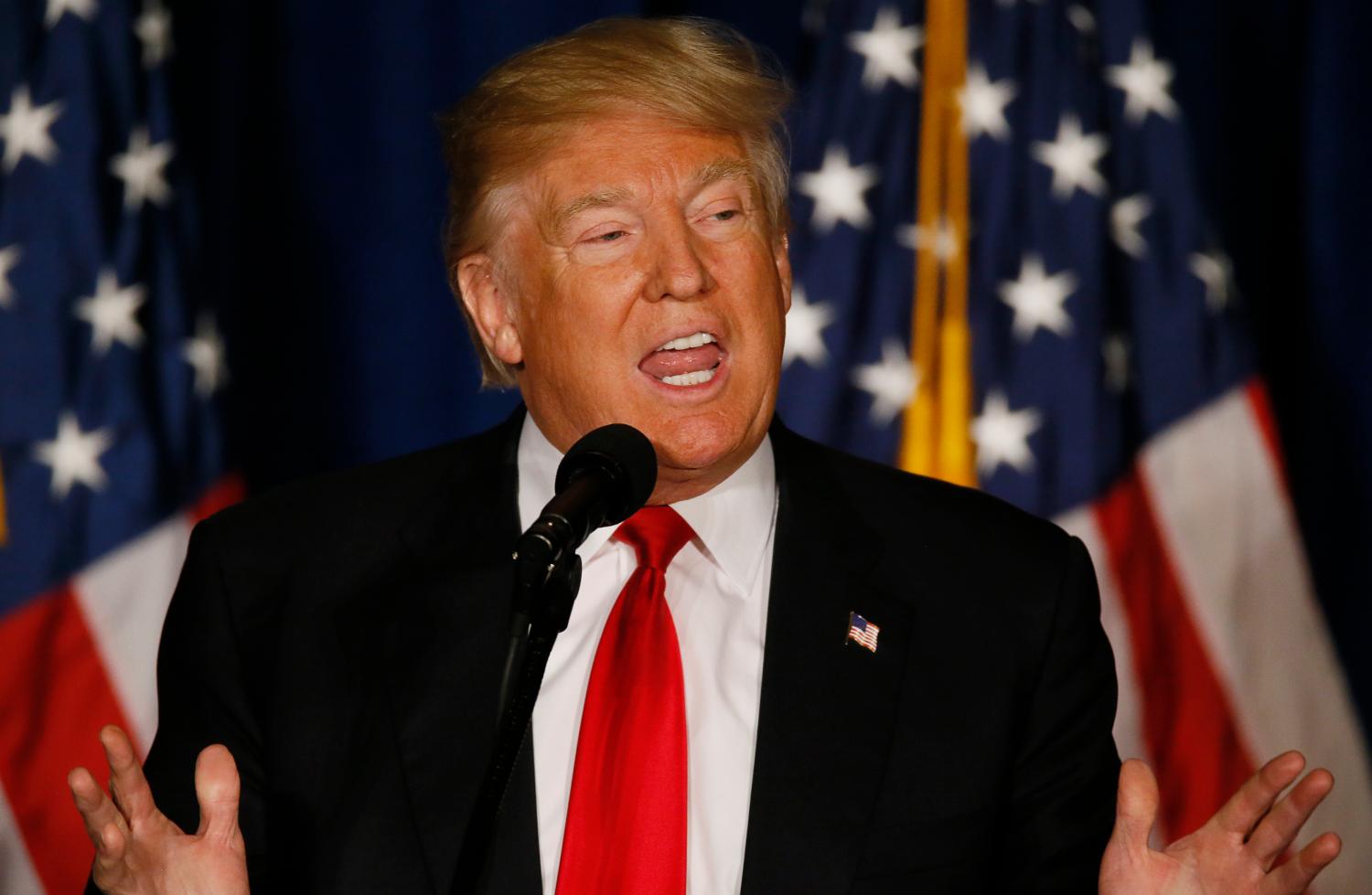
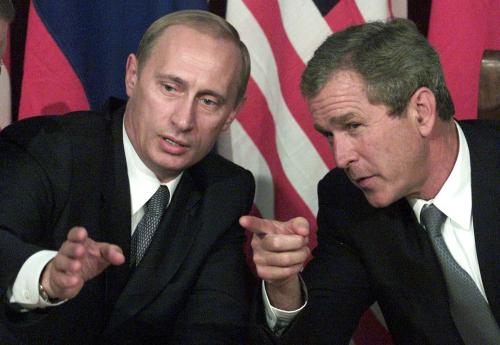
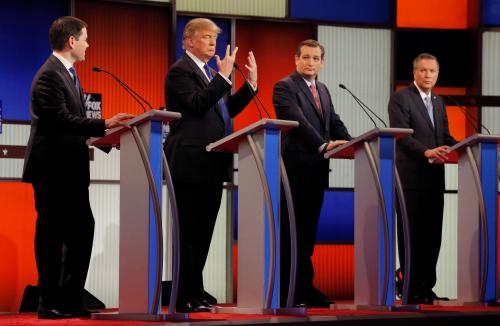
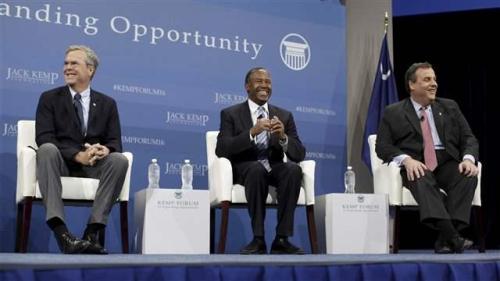
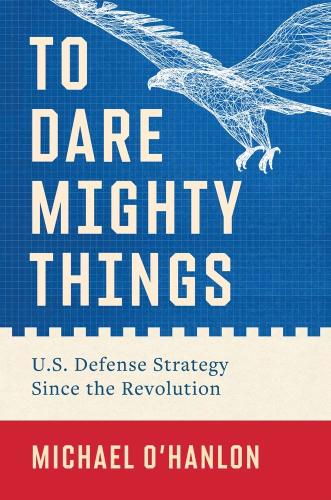

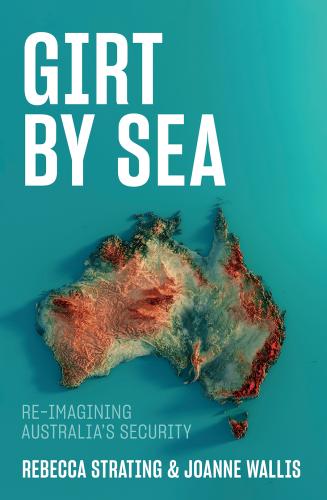
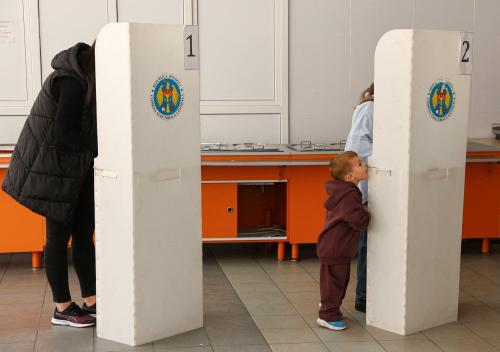
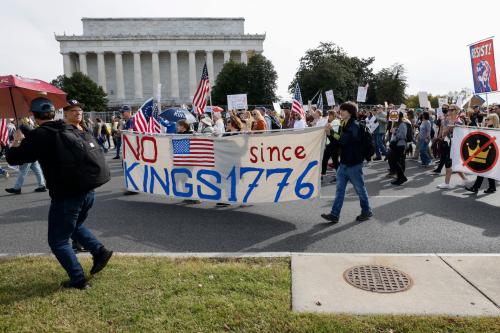
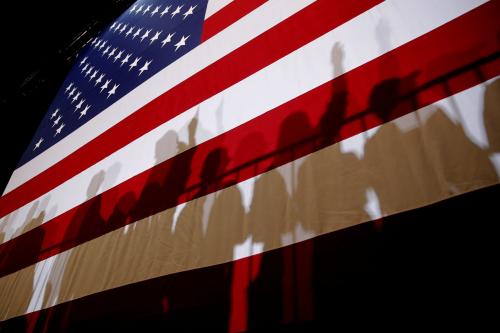
Commentary
11 foreign policy questions for the GOP candidates
September 15, 2015